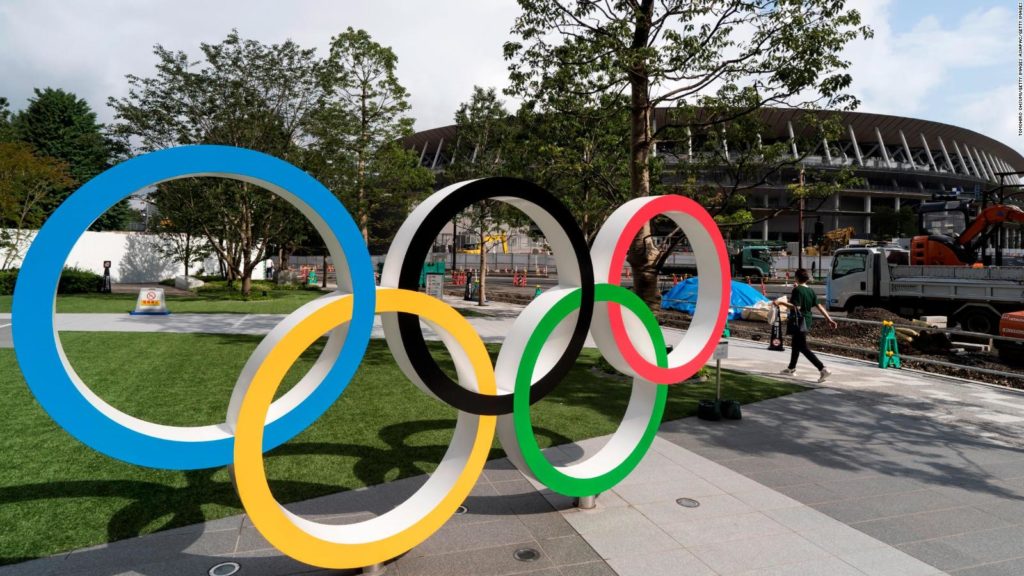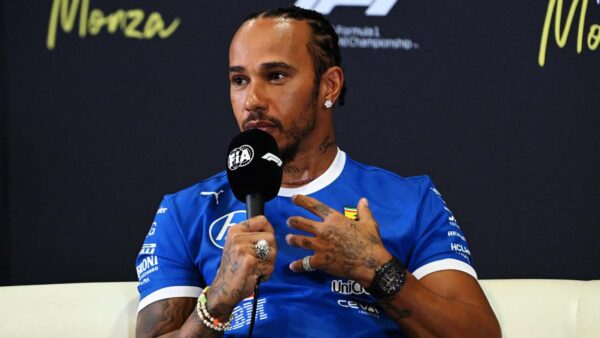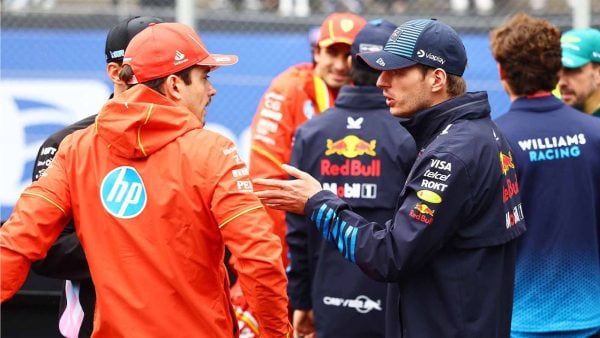Tokyo Olympics: Updated Playbook rules suggest daily testing and a 14 day quarantine period for athletes

Tokyo Olympics
🔍 Explore this post with:
With only a few months left for the Summer Tokyo Olympics, organizers and the IOC are to unveil new plans this week to explain how the 15,400 Olympic and Paralympic athletes can compete in Japan when the games open in three months in the midst of a pandemic.
The “Playbooks” — an IOC guidebook explaining how the games can be pulled off — comes even as Tokyo, Osaka and several other areas have been placed under a third state of emergency as coronavirus cases surge. Japan, has accounted to 10,000 deaths to COVID-19, and has only vaccinated about 1% of there population.
The organizers will announce daily tests for athletes. The quarantine requirement is also lifted for 14 days, allowing athletes to play sports upon arrival. Participants must live in a “bubble ” at the Tokyo Bay Olympic Village, location and training ground.
The Final version of the “Playbook rules” will be released in June

Citing an anonymous source, Japan News, Kyodo said athletes and staff must be tested twice within 96 hours before leaving home. They will also be tested upon arrival in Japan. The playbook will be updated on Wednesday and other media and playbooks will be released on Friday. The final version of all the plays will be released in June.
Tara Kono also suggested that empty stadiums to be taken in consideration for the events. IOC President Thomas Bach last week said his plans to meet the torch relay in Hiroshima on May 17-18 are still not confirmed. Bach’s arrival would be just days after the latest state of emergency ends on May 11.
The government and the International Olympic Committee have said the precautions are in place specifically for Japan’s “Golden Week” holiday, which begins on Thursday.
The torch relay, which began on March 25 in Fukushima in northeastern Japan, has been detoured several times this month and was forced to run in an empty city park in Osaka. It was also rerouted in Matsuyama City Ehime prefecture.
It will be banned altogether this weekend on the Okinawa island of Miyakojima. The small island has only one hospital. The relay will run through other locations on Okinawa.
The heavily sponsored relay is a caravan of more than a dozen cars and other vehicles festooned with advertising from major sponsors like Coca-Cola and Toyota. Torch runners – there are 10,000 in total – typically bring up the rear amid blaring music and banter from DJs.
The relay is scheduled to end at the National Stadium on July 23 for the opening ceremony of the Tokyo Games.
Also Read: German athletes body questions IOC’s decision on banning political statements at the Tokyo Olympics







